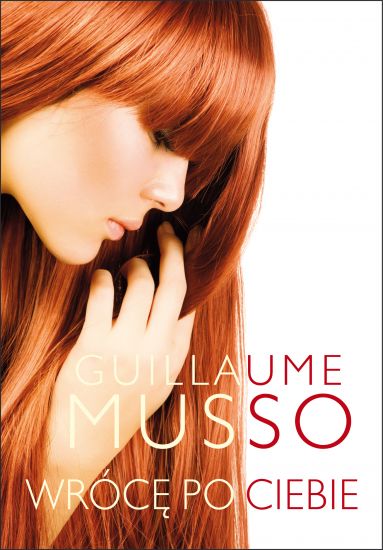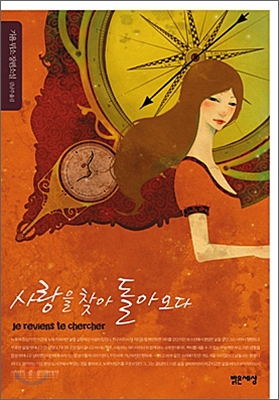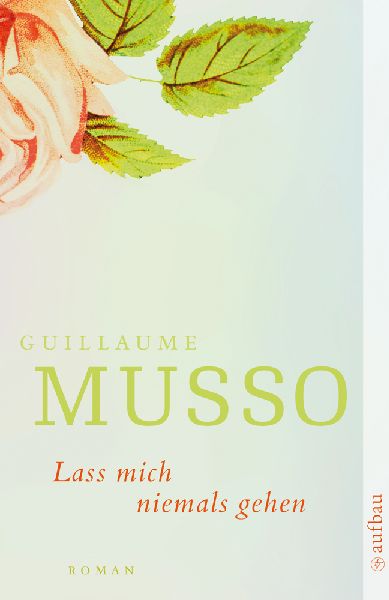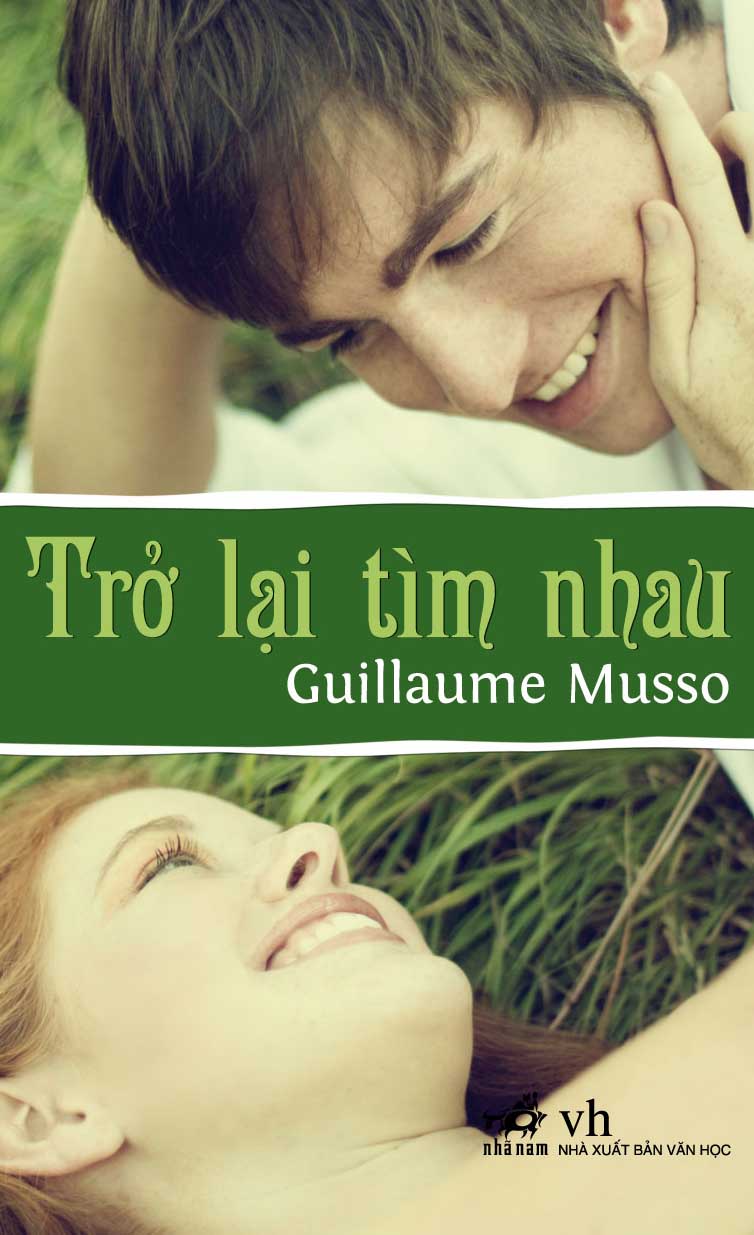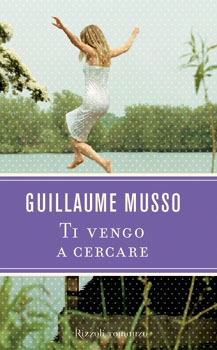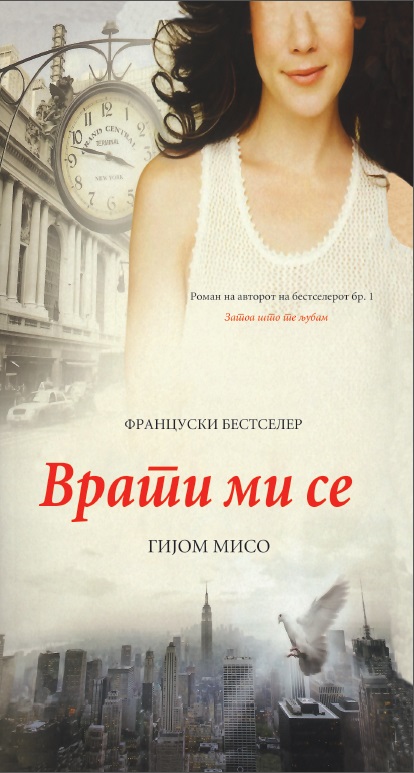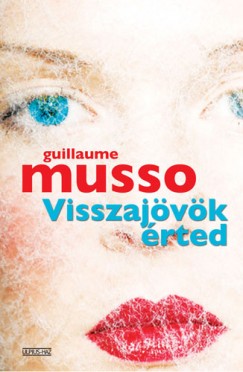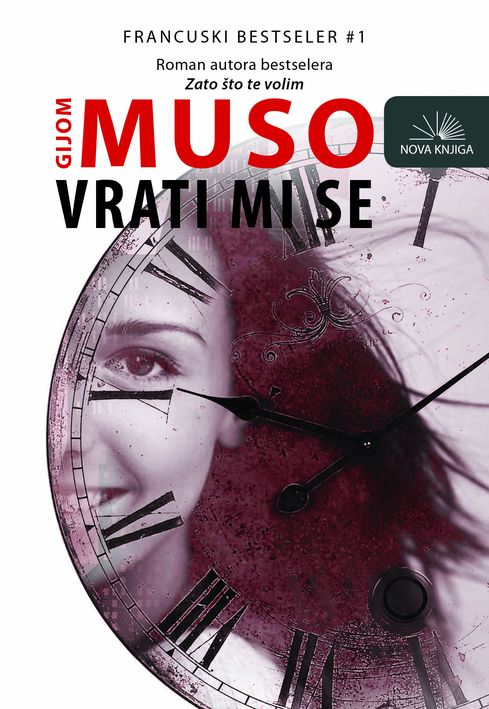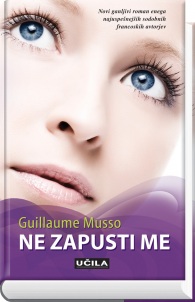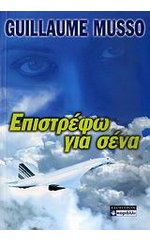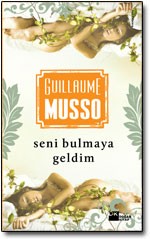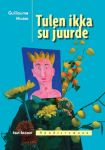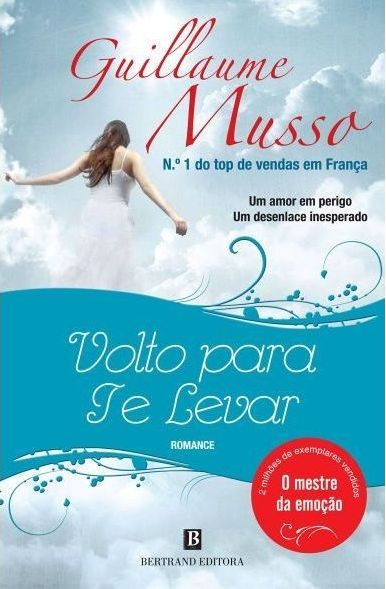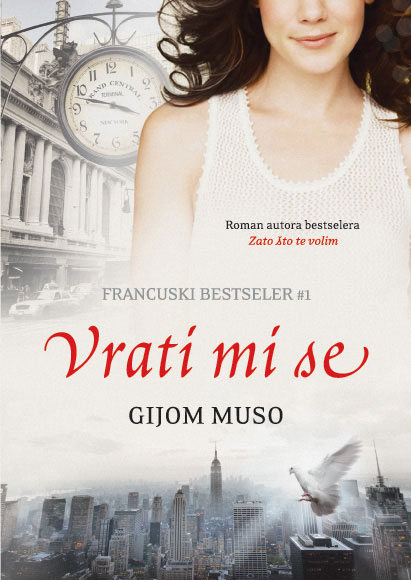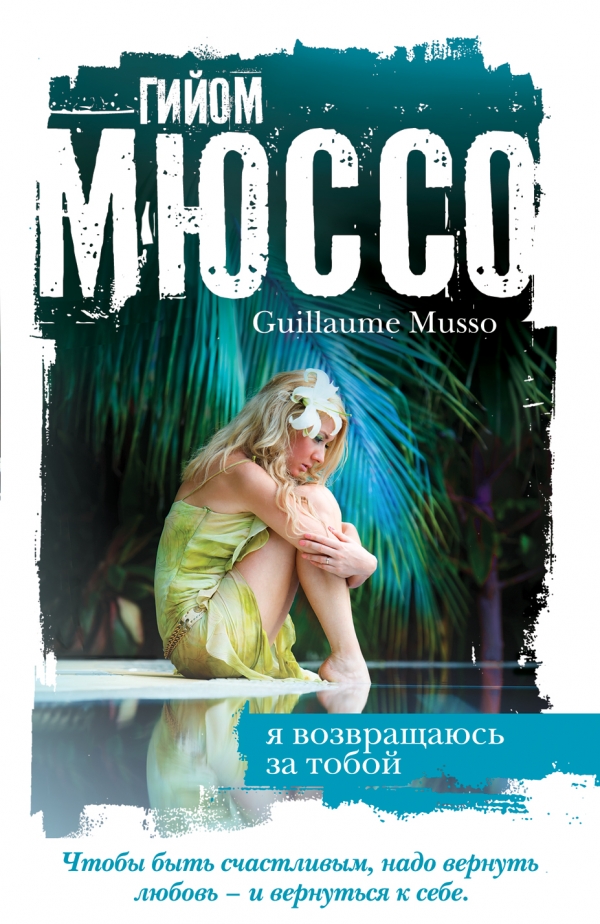Like most of my novels, this one can be read and understood on several different levels. You can choose to be carried away by the story, or you can see it as a reflection on the themes of redemption and getting a second chance.
Despite their modern tone, my stories are often inspired by mythology. It is the case here, where the repetition of each day brings to mind the myth of Sisyphus, as well as Prometheus’s torment, sentenced by the gods to have his liver repeatedly ripped out for the rest of eternity by the Caucasian eagle!
Finally, in this novel, through the voices of two different characters, two visions of the human condition are exposed: one that says our paths are written out somewhere, and another, influenced by Buddhism, where free-will plays an important role.
As we read your books, we get the impression that the irrational, or supernatural part, is shrinking in importance. Is this an expression of a will on your part to turn yourself towards a more classical form of writing?
There is sometimes a certain misunderstanding about my novels. The paranormal, the mystery, the thriller, are all pretexts used to address, under a sometimes humorous and light guise, issues which concern us all. Afterwards… talks about grief, and the frailness of our existence. A Mix-up in Heaven addresses a lovers’ first encounter, whereas Will You Be There? tackles getting old, guilt and regret. Lost and Found treats resilience; One Day, Perhaps raises the question of responsibility for our own choices, destiny’s random nature and the possibility of influencing its course.
The paranormal is therefore a literary tool that I sometimes use as parable to address issues that I feel passionate about: emotions, the meaning we give to our existence, the passing of time, destinies that are intertwined.
I probably draw inspiration for this from my admiration for certain American movies from the forties, which under the guise of entertainment, address crucial issues:
It’s a Wonderful Life by Frank Capra, La Féline by Jacques Tourneur, The Ghost and Mrs. Muir by Joseph Mankiewicz. More recently, Wim Wenders with Wings of Desire and Alan Ball in the TV series Six Feet Under have also used the paranormal in their work in order to talk about grief and the human condition.
Setting aside your chapter openings for the moment, this novel is illustrated with many references, from Kundera to Eluard, not to mention Carson McCullers. How do these references find their way into your novel? What purpose do they serve?
They come from my reading, and naturally come to me when I write. They generally help to define a character and allow me to share my literary tastes with my readers. Some interpret them as recommendations, like a reader who confessed that she read The Alchemy of Desire after reading a quote from it in Will You Be There?. Another discovered Belle du Seigneur after I quoted it in an interview.
Your style is very fluid and well paced. We get the impression that sentences flow easily, and the pages turn themselves. Do you feel fluent in writing?
Unfortunately not! My novels are the result of endless re-writing. As Anna Gavalda so humorously said, “It takes a lot of hard work to convince people that we don’t need to work at all!” But I’m very attached to this fluidity, which for me is a form of discreet elegance.
In this novel, the main character is professionally very successful and quite well-known, yet he feels desperate and hollow inside. Do you see a lot of yourself in him, or is this a way of illustrating the modern day value placed on success in general?
We all know what Stendhal said on the subject: “A novel is a mirror we carry down the road”. Even though I don’t write myself into the pages, it’s only natural that there is a bit of me in each character. It’s the only way to draw out true emotion: you have to empathize with them, live with them, not just during the year-long writing process but …for many years to come. These close and intimate relationships that connect me to my characters constitute the true heart of my writing, or at least the key to understanding the sincerity of it.
The first movie adaptation of one of your books is about to come out on the big screen. Others are in production. How do you feel about your work being screened in cinemas?
Looking at the first stills, the movie based on Afterwards… seems very promising! It’s unbelievable to see John Malkovich and Romain Duris bring to life characters that come straight from my imagination.
I’m impatient to see what other adaptations will look like, especially Lost and Found, the rights of which were purchased by Yves Marmion, the producer of Un Secret.
Of course, in any adaptation, you always run the risk of not finding in the movie what you liked about the book. But in any case, I feel unbelievably lucky to have seen my work adapted into film.
The fact that producers want to adapt your work is proof that the story is solid, and the characters strong.
Last year, you were one of the two French writers to sell more than a million copies. Your books have very positive word-of-mouth, your signings are always packed, and your work has been translated into more than twenty-five languages. Do you describe you
It’s very satisfying for me, since I always wanted to write for everyone: not only educated people, but also those who never went to university. Going by the many letters that I receive, I realize that I brought back the joy of reading to people who read very little, or not at all, and that is an achievement that I am very proud of. I also know that my books are taught in middle schools and high schools by certain French teachers. And finally, I’m always moved when I see that my work brings comfort to people who are suffering.
It is said that this success is due to the efficiency of your plots and the sheer humanity of your characters…
Every time I write a novel, I put nothing but honesty into my work. Poeple know my books are not “fabrications” and this touches them.
Is this success, which is now a given, a motivating factor, or do you feel pressured by it?
Knowing how to handle success is a rich person’s problem, isn’t it? Let’s just say that I am incredibly lucky to have a very close relationship with my readers. I see this connection as an “epistolary love story”, a relationship based on trust and communication. So it’s true that, success breeds anxiety and nerves: certain readers are impatient to read my work, and I would be unhappy to let them down. I consider it a duty, therefore, to do just as well, if not better, with each book.

